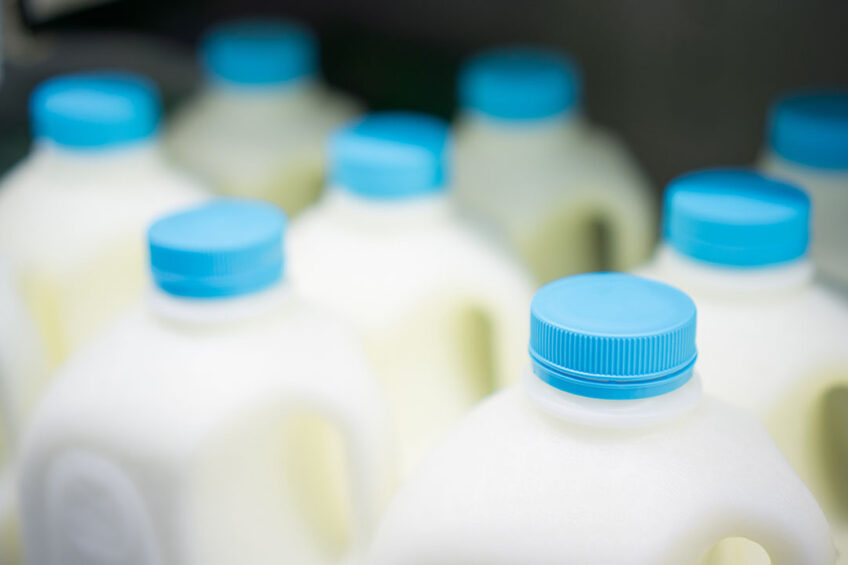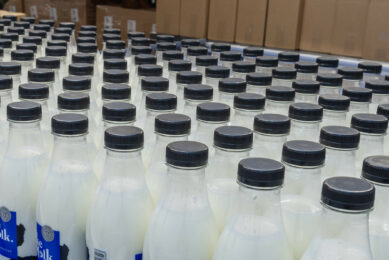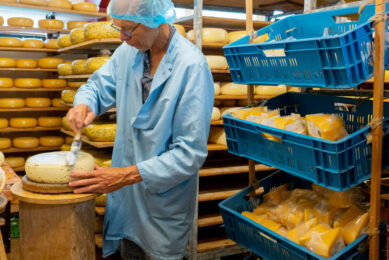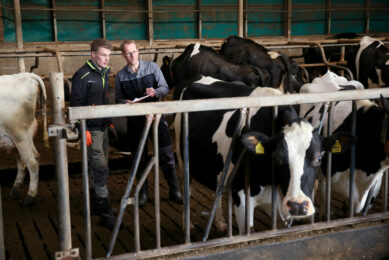PepsiCo concerned over weakening dairy demand in Russia

The Covid-19 pandemic has weakened the consumer demand for some categories of dairy products in Russia.
Alexander Kostikov, the communication director of PepsiCo in Russia, made this clear during an online conference in late August. In addition, production costs are on the rise due to the Russian ruble’s continuing devaluation.

“First, everyone understands that milk is a commodity. Now the prices for raw milk are at a fairly high level, so, the exchange rate greatly affects productivity. It would seem that all our milk is from Russia. We are the largest buyer and processor of raw milk in the country. Nevertheless, the share of costs that are tied to currency is substantial. This includes equipment maintenance and packaging material. This means that 15-20% of the ruble devaluation per year exerts severe pressure on the production costs,” Kostikov said. The rising production cost would not be a major cause for concern if they were not accompanied by the weakening purchasing power of the Russian population.
“On the other hand, we are observing the opposite trend – a decrease in consumer income. In principle, the market conditions are fine, especially regarding the basic line of dairy products like milk or kefir. But from the point of view of more complex value-added goods products, like yogurts or desserts, the situation is worse because the consumer does not have enough money. Our [Russian] consumption of such products per capita is much lower than in Eastern Europe and Turkey. There is growth potential, but for it to be realized, it is necessary for the consumer to have money in his pocket,” Kostikov said.
 Russia: Milk quality under the spotlight
Russia: Milk quality under the spotlight
A group of Russian scientists has conducted a throughout research of the Simmental cow breed genotype to discover a promising way of improving milk quality.
Government refrain
With this background, Russian dairy producers believe it would be wise for the government to refrain from taking any steps that would worsen the market conditions.
“It is not yet clear what will happen with the lockdown and the economic downturn. In this context, it is imperative to consider what additional costs are incurred by the business or vice versa, what makes it easier for the business to exist. Now there are many discussions about tagging, but one thing is absolutely clear – this reform would create enormous costs that will first fall on the producers, and then on the consumer, who will pay for it all,” Kostikov said.
 Covid-19: Impact on the global dairy sector
Covid-19: Impact on the global dairy sector
The coronavirus has had a huge impact on daily life from the man on the street to businesses.
“The need to introduce mandatory tagging is not obvious. It allows you to read a QR code and ensure that a specific product is produced at a specific enterprise. If we are talking about designer clothing, this is probably very valuable – to make sure that they are really made at the designer’s factory, and not at some illegal factory. If we are talking about a carton of milk and its packaging says that it was produced, for example, at a specific dairy plant, then with a probability of 99.9999%, it was produced there. No marking is required for this,” he added.
Join 13,000+ subscribers
Subscribe to our newsletter to stay updated about all the need-to-know content in the dairy sector, two times a week.










